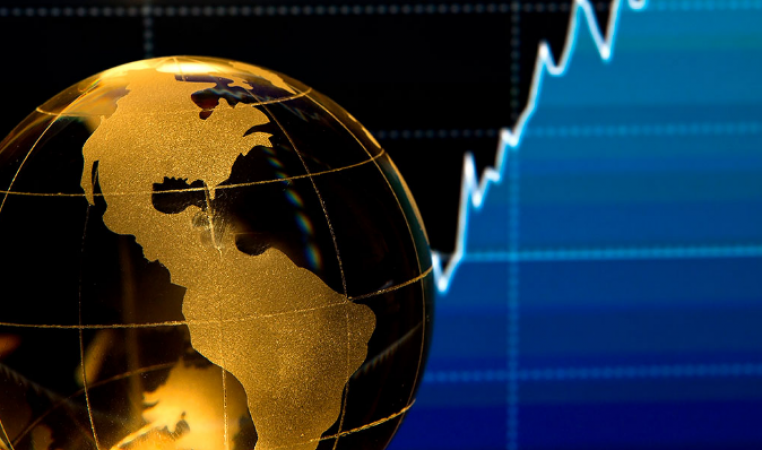
BEIJING: Prices imposed by Chinese businesses at factory gates fell for the first time in nearly two years, as a result of bloated goods and cautious Western consumers, sending another negative message to the world economy.
Producer prices in China declined 1.3% in October from a year earlier, the country's first year-on-year reduction in producer-price inflation since December 2020, the National Bureau of Statistics reported on Wednesday.
The decline is due to a lower basis for comparison due to the accelerated price hike a year ago and weaker prices for raw material producers as a result of the recent fall in commodity prices.
Also Read: Outflow of US$8.8 billion investors are looking at China in a 'new light'
The information was released soon after terrifying export data that revealed a sudden drop in Chinese exports to the rest of the world last month.
When considered collectively, the weakening of the world's second-largest economy indicates that the global economy is losing momentum as the U.S. Central banks, led by the Federal Reserve, raise interest rates to curb rising inflation.
In the coming 12 months, many economists are anticipating a recession in the United States. Europe is already on the verge of recession, as a result of Russia shutting down gas in the region in retaliation for Western sanctions imposed after its invasion of Ukraine.
The decline in producer price inflation in China and a month-long decline in shipping costs should provide some relief from the rise in the price of goods for consumers in the United States and Europe.
However, central bankers in many advanced economies, notably the United States, claim that inflationary pressures have expanded to include wages and prices for services and additional interest rates to restrain the rate of price rise. increase is necessary.
Also Read: China's economic tsar issues a rare warning to potential policymakers
According to Julian Evans-Pritchard, senior China economist at Capital Economics in Singapore, "If we see a decline in goods inflation, it helps to address some of the inflation problem, but not all."
After a year of sluggish growth, producer prices fell by 1.3% annually. According to a survey of economists by The Wall Street Journal, a 1.5% decline was estimated. The data showed a decline in the prices of metals and capital goods, but stable or slightly rising prices for some consumer goods.
China's consumer price inflation also declined significantly in October, highlighting the country's weak consumer spending as people struggle with the government's zero-tolerance policy towards COVID-19 and severe housing shortages. After a 2.8% increase in September, consumer prices rose 2.1% year over year in October.
That reading has been the lowest since May, when Shanghai was under a two-month lockdown to stem the Covid-19 flare-up. Consumer price growth in October was estimated at 2.3% annually by economists surveyed by the Journal.
As a result of Russia's invasion of Ukraine, which pushed up commodity prices, China's inflation has remained below the government's preferred range of about 3% so far this year, well above targets in the majority of other countries.
Because of this, the People's Bank of China has great flexibility to lower interest rates and provide affordable loans to banks to support growth. However, officials are cautious about easing too much because of a weak currency and concerns about capital leaving the country.
Chinese health officials announced on Saturday that China would continue to adhere to its strict COVID-containment strategy, dashing hopes that it has recently risen to ease the country's strict pandemic measures, which since the close of the Communist Party Congress last month. were seen.
On Tuesday, China reported the most Covid-19 cases since late April, prompting officials to tighten public-health rules in some areas, including the southern coastal province of Guangdong.
Economists are pessimistic about the prospects for the global economy this year and next due to slowing growth in the US, Europe and China.
Also Read: Hong Kong stocks fall as Apple supplier GoerTek suffers from China deflation
The International Monetary Fund said last month that "the worst is yet to come," predicting that global GDP will grow by 3.2% this year, down from 6% in 2021, before slowing to 1.5% in 2022.
According to economists, China is likely to miss the government's earlier target of GDP growth of about 5.5% this year and instead report its worst 12-month growth period - separated from the year of the pandemic - in decades. Is.